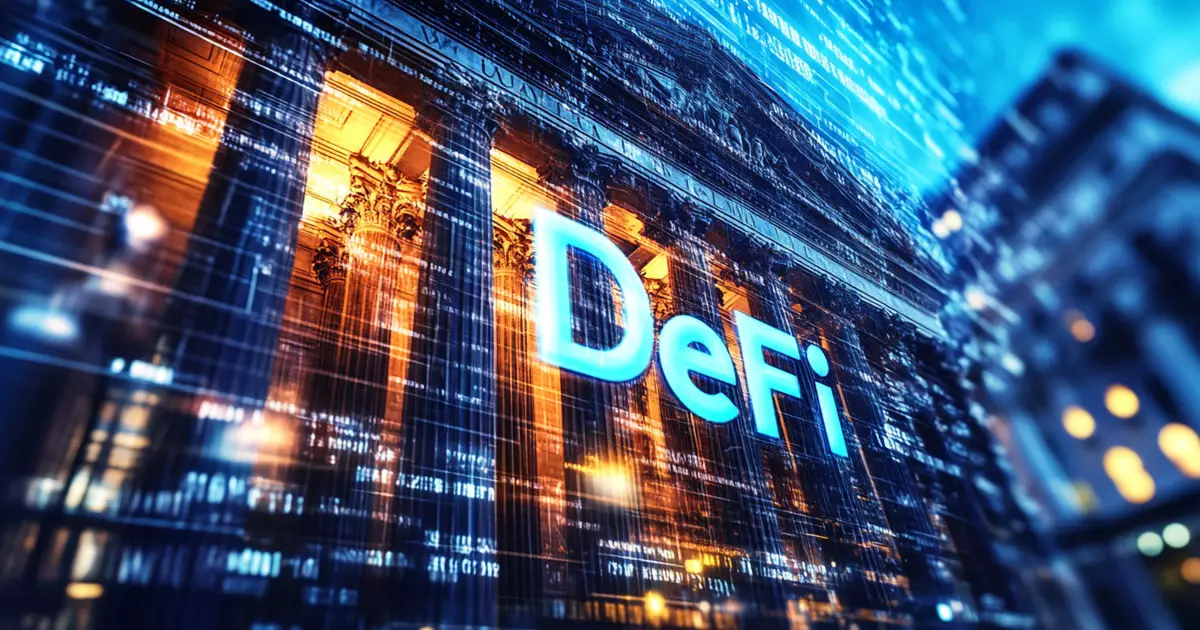In the rapidly evolving landscape of decentralized finance (DeFi), the boundaries of liability and responsibility remain murky. Recently, the DeFi Education Fund, an advocacy group dedicated to promoting knowledge and understanding of decentralized finance, has made a compelling case for the U.S. Department of Justice (DOJ) to reassess its stance on developer liability regarding user actions. In a blog post, co-authors Miller Whitehouse-Levine and Amanda Tuminelli draw parallels between DeFi developers and traditional manufacturers, arguing that holding creators accountable for the actions of users could set a dangerous precedent for innovation in the burgeoning crypto sector.
The authors’ comparison of software developers to car manufacturers serves as a powerful illustration of their argument. Just as automobile makers are not responsible for the decisions made by drivers, DeFi developers should not bear the burden of accountability for how their protocols are utilized by end users. This rationale forms the crux of their appeal for clearer legal interpretations that differentiate between developers who build the technology and the users who engage with it. The risks associated with misplacing liability could stifle technological growth, a sentiment that resonates strongly in an industry driven by innovation and creativity.
The authors highlight the significance of potential legal ramifications stemming from the DOJ’s broad interpretation of existing laws, particularly in relation to “money transmitting.” This interpretation could extend liability to developers, imposing on them obligations meant for financial intermediaries—a role that a decentralized protocol does not fulfill. By examining ongoing legal confrontations, such as the case against Tornado Cash’s creator, Roman Storm, the need for more nuanced regulatory measures becomes evident. Unlike centralized exchanges, which control user assets and thus operate under stringent financial regulations, DeFi platforms operate on principles of user agency and autonomy, complicating how existing laws are applied.
A Call for Clearer Guidelines
To foster a conducive environment for growth and innovation in the crypto space, it is essential to establish clearer regulatory frameworks that accurately define control and custody. Recognizing the fundamental distinctions between various models of financial interaction—such as those seen in centralized versus decentralized systems—will enable lawmakers to craft policies that respect the unique characteristics of DeFi. Without such distinctions, the potential for excessive regulation looms large, endangering the very essence of what blockchain technology aims to achieve.
As DeFi continues to gain traction across the globe, the legal landscape around it must adapt accordingly. The DeFi Education Fund’s insights underscore the critical importance of tailored regulations that recognize the innovative nature of decentralized technologies. By reframing the conversation around liability and ensuring that developers are not held accountable for user decisions, we can pave the way for a robust framework that promotes responsible innovation while effectively safeguarding user interests. In doing so, the industry can thrive, unleashing the full potential of decentralized finance.

